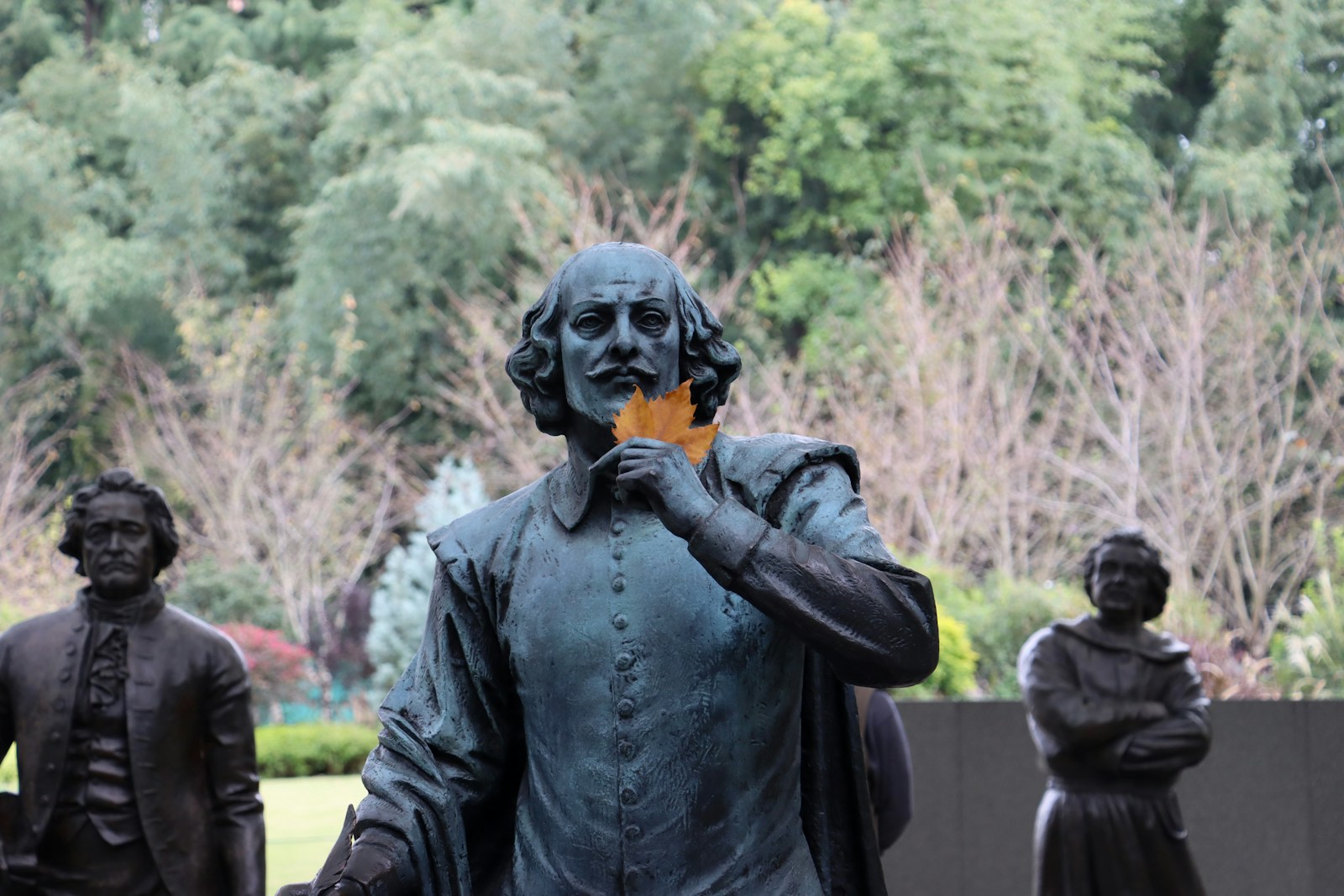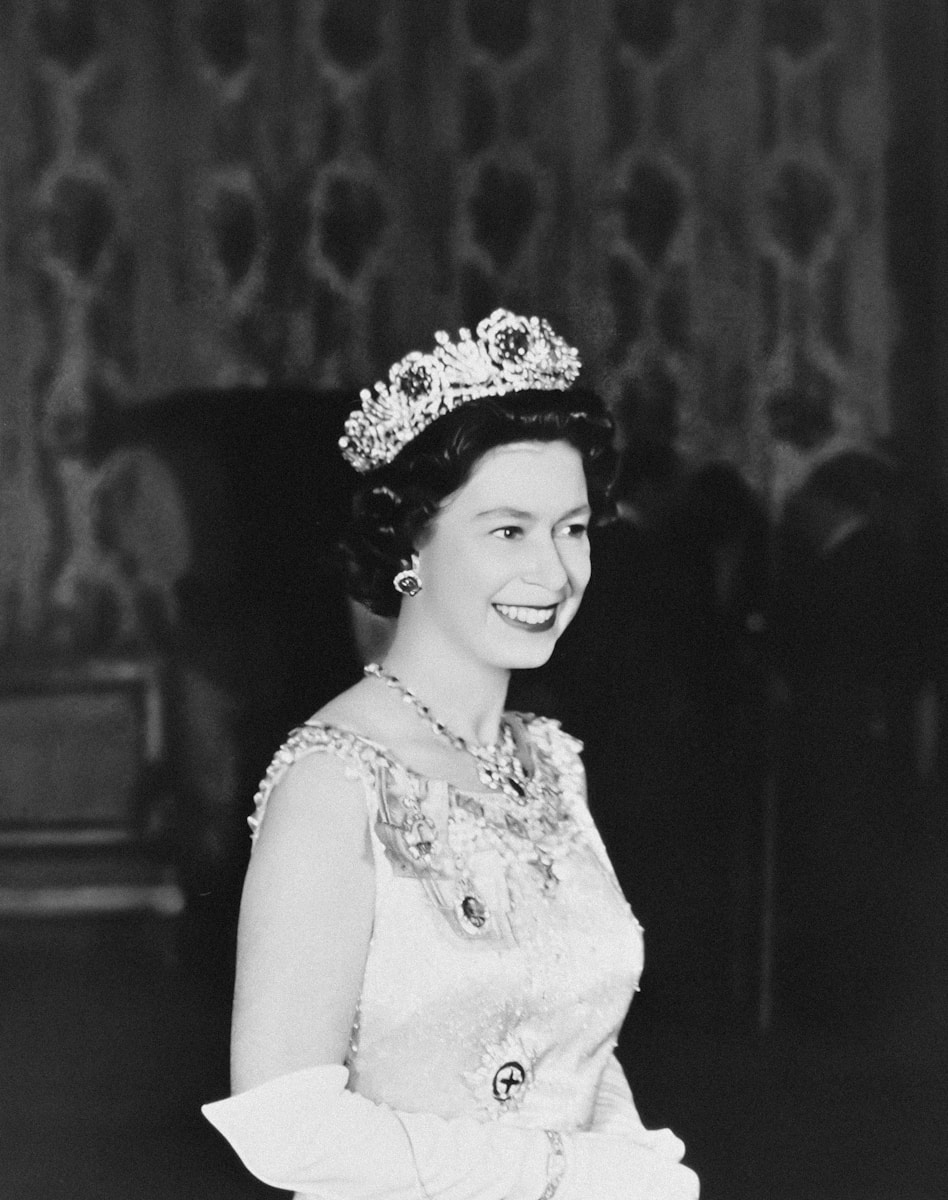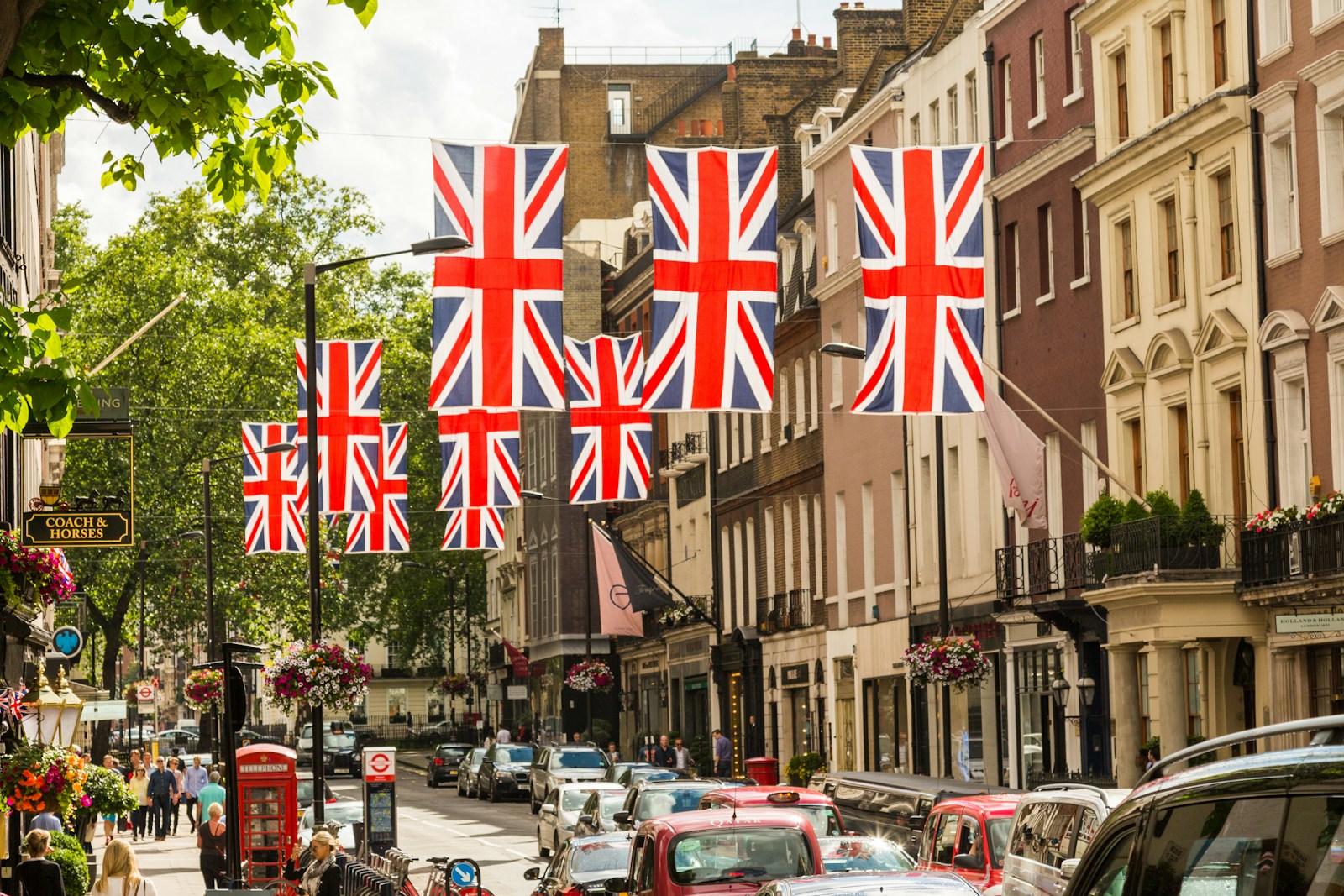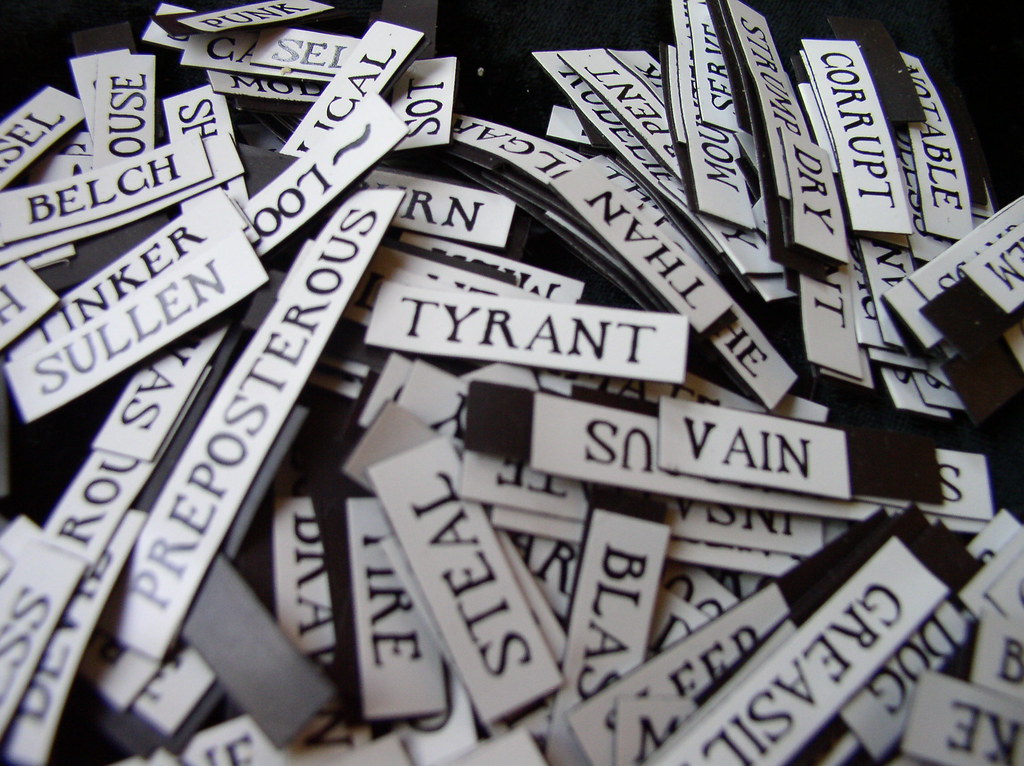
Introduction to Double Entendres
Ah, double entendres! Those delightful linguistic gems that carry not just one, but two meanings, often with a playful nod to risqué undertones. These clever phrases tickle our brains and challenge our perceptions of language. When it comes to the master of wordplay, William Shakespeare reigns supreme. His works, brimming with wit and wisdom, are peppered with double entendres that resonate even in our modern world. Let’s dive into the playful universe of Shakespeare’s double entendres and explore why they still tickle our fancy today.
The Bard’s Playful Language
Shakespeare’s knack for wordplay is one of the many reasons his work has stood the test of time. He had an innate ability to weave complex themes with humor, allowing his audiences to both ponder and giggle. His command over the English language was unparalleled, and he’s credited with coining many phrases still used today. In the context of double entendres, Shakespeare’s plays often layered meanings, allowing for both innocent interpretations and more risqué implications.
The Importance of Context and Performance
One of the most fascinating aspects of Shakespeare’s double entendres lies in their reliance on context. The meaning of a phrase can drastically change based on delivery, tone, and the surrounding dialogue. In a theatrical setting, actors breathe new life into these lines, using body language and expression to enhance the double meanings. The intentional ambiguity invites the audience to engage actively, making the experience more enjoyable.
A Peek at Some Classic Examples
Let’s explore some of Shakespeare’s most famous double entendres, each packed with humor and a dash of innuendo that resonates with modern audiences.
1. Romeo and Juliet
In “Romeo and Juliet,” one of the most iconic exchanges occurs when Mercutio teases Romeo about being in love. He quips, “If love be rough with you, be rough with love. Prick love for pricking, and you beat love down.” Here, the word “prick” serves a dual purpose, referencing both the emotional pain of love and a more intimate, physical implication. This playful banter showcases how Shakespeare masterfully blended romance with cheeky humor.
2. Twelfth Night
Another gem can be found in “Twelfth Night.” During a lively exchange, Viola (disguised as Cesario) tells Olivia, “I am all the daughters of my father’s house, and all the brothers too.” Viola’s statement hints at her complicated identity and gender disguise, while simultaneously suggesting familial roles that could be interpreted in a more playful context. The layers of meaning create a rich tapestry that keeps audiences engaged and entertained.
3. Much Ado About Nothing
In “Much Ado About Nothing,” we encounter another brilliant example when Beatrice and Benedick engage in their witty repartee. Beatrice says, “I had rather hear my dog bark at a crow than a man swear he loves me.” The humor lies in her exaggerated disdain for romantic declarations, but there’s also an element of playful innuendo about her reluctance to take love seriously—suggesting that love might be as bothersome as a barking dog.
4. Hamlet
The depth of Shakespeare’s wordplay is further highlighted in “Hamlet.” In one particularly famous scene, Hamlet tells Ophelia, “I did love you once.” Ophelia responds, “Indeed, my lord, you made me believe so.” The layered meanings here point to the complexities of love and betrayal, along with an undertone of sarcasm and bitterness. The double entendre draws the audience into the emotional turmoil of the characters, making the moment all the more poignant.
The Relevance of Shakespeare’s Wit Today
Shakespeare’s double entendres continue to resonate today for a variety of reasons. They break down barriers between the Elizabethan era and modern society, showing that human emotions, relationships, and humor are timeless. In an age where innuendos pepper our conversations and social media, the relevance of Shakespeare’s wordplay is undeniable.
The cleverness of these phrases allows for a multi-layered understanding of language that challenges audiences to think critically, a skill that remains crucial in contemporary discourse. Whether in literature, films, or everyday conversations, the essence of the double entendre endures.
The Role of Performance in Unpacking Double Meanings
While reading Shakespeare can be a delightful experience, witnessing these plays performed adds another dimension to the double entendres. Actors breathe life into the text, utilizing their voices, expressions, and movements to convey the nuances that may not be as apparent on the page.
Consider attending a live performance or watching a film adaptation where you can see how actors interpret Shakespeare’s lines. Often, a raised eyebrow or a sly smile can transform a simple phrase into a full-blown comedic moment, enhancing the double entendre and making it resonate even more.
Teaching Shakespeare Through Humor
Educators often find that introducing students to Shakespeare’s humor can spark interest in his works. Double entendres offer a playful way to engage with the text, allowing students to explore language creatively. By discussing the meanings behind the lines, students can develop their analytical skills while appreciating the wit of the Bard.
Activities such as dramatic readings or acting out scenes can also bring these concepts to life, helping students understand the context and humor that permeates Shakespeare’s plays. When they see the fun in wordplay, they’re more likely to become invested in the literature.
Modern Adaptations and References
The influence of Shakespeare’s witty wordplay is evident in modern media, from television shows to movies and even literature. Writers and creators often borrow from Shakespearean tropes, imbuing their characters with similar cleverness. Shows like “The Office” and “Parks and Recreation” frequently employ double entendres for comedic effect, harkening back to the Bard’s original playfulness.
Moreover, many contemporary authors reference Shakespeare’s works, either through direct quotes or through clever wordplay that echoes his style. This continuity signifies the lasting impact of his language, proving that the art of the double entendre is as alive today as it was in the 16th century.
Conclusion: The Enduring Legacy of Shakespeare’s Wordplay
Shakespeare’s double entendres offer a rich tapestry of humor, emotion, and insight that continues to captivate audiences around the world. His ability to manipulate language to convey multiple meanings reminds us of the beauty and complexity of human communication.
As we engage with his plays, whether on stage or through reading, let’s not forget to appreciate the cleverness of his wordplay and the way it still speaks to us today. So, the next time you find yourself chuckling at a cleverly spun phrase, take a moment to thank the Bard for his timeless contributions to our language and humor. After all, laughter and love, with a dash of innuendo, are truly universal themes that connect us across the ages.









